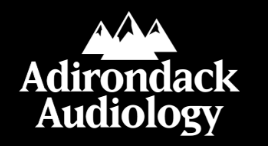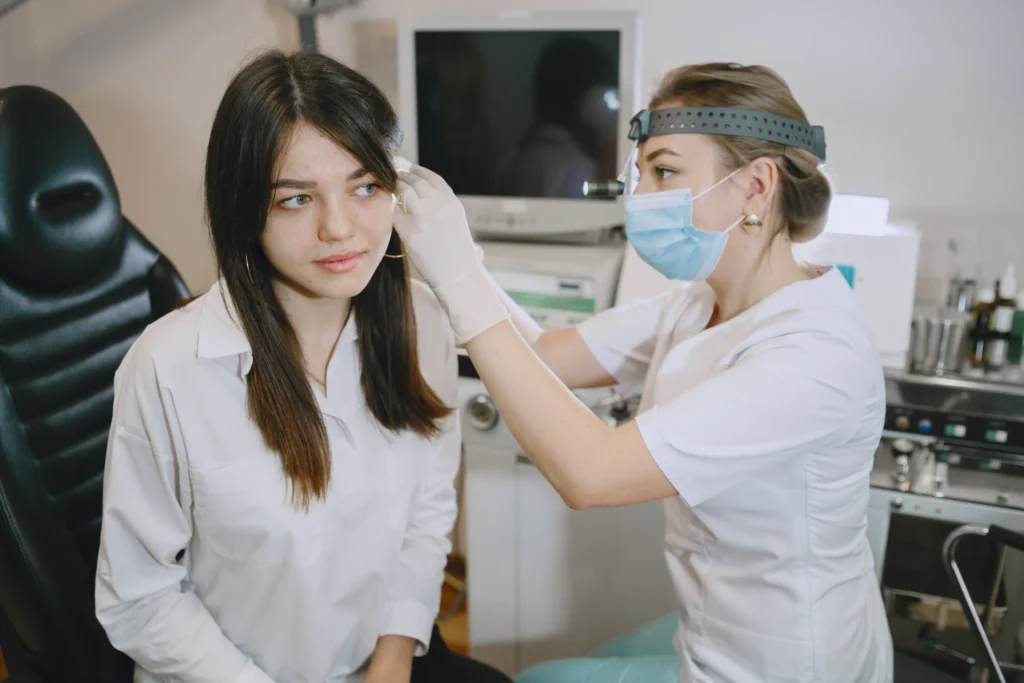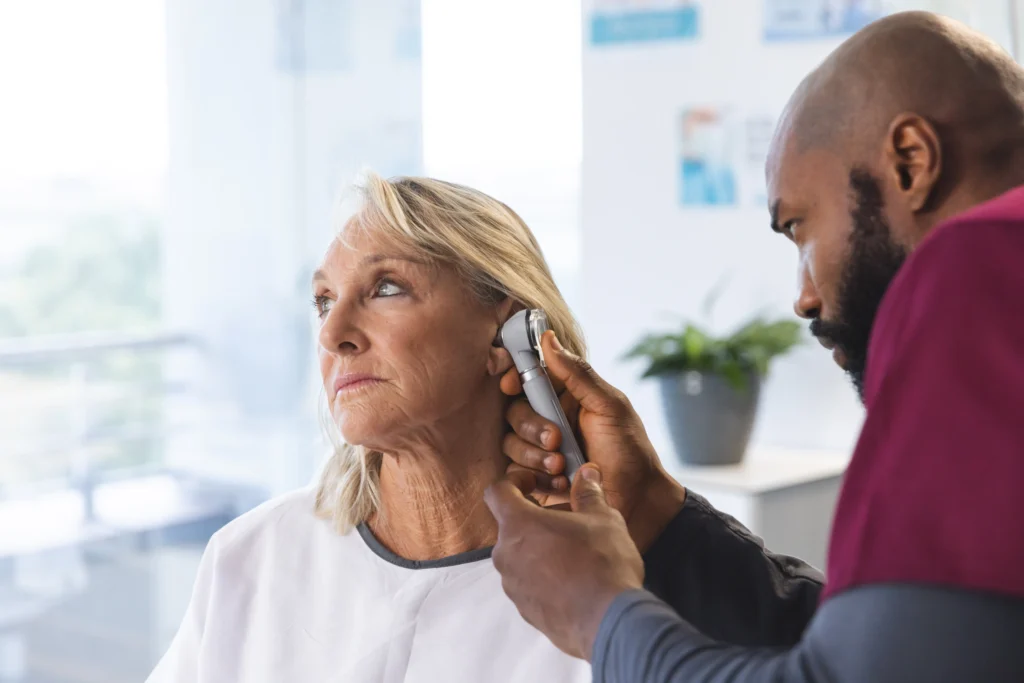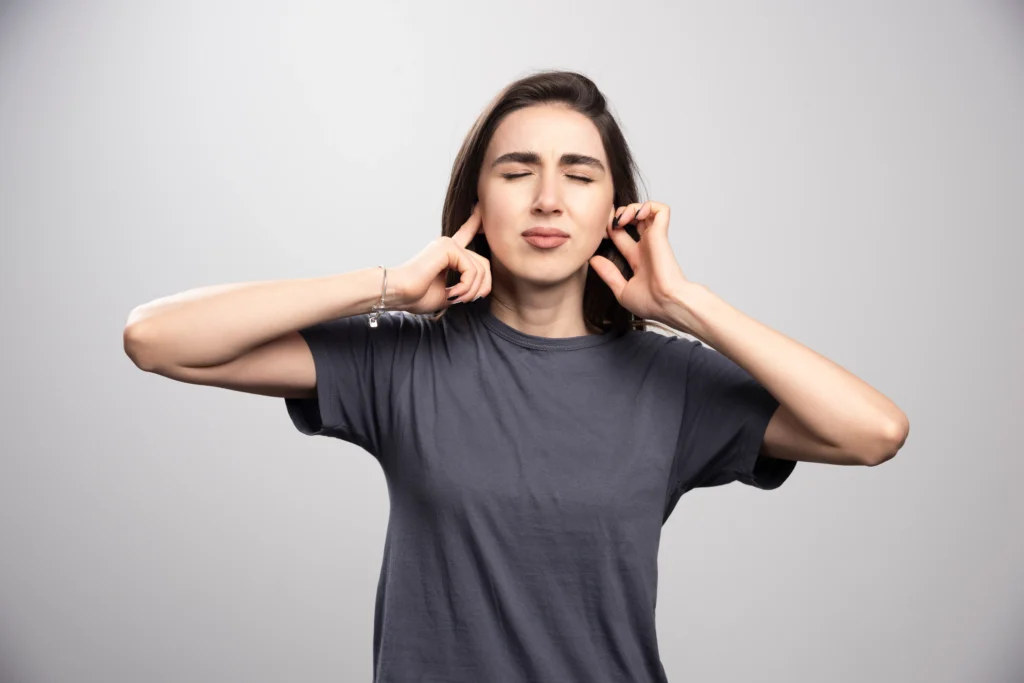Most people take their hearing for granted until they experience a hearing loss. Hearing health is the ability to hear, understand and communicate with others. It’s more than just having sound coming into your ears. Your hearing health depends on many things, such as the health of your ears, your ability to understand speech and how well you adapt to changes in your hearing.
What is Hearing Loss?
There are three main types of hearing loss: sensorineural, conductive and mixed. Sensorineural hearing loss is the most common type and is caused by damage to the inner ear or the auditory nerve. Conductive hearing loss is caused by a problem in the outer or middle ear. Mixed hearing loss is a combination of sensorineural and conductive hearing loss.
No matter what type of hearing loss you have, your diet may have a lot to do with your hearing health. Believe it or not, what you eat can impact your ability to hear well.
Fish
Fish is a great source of omega-three fatty acids, which are known for their numerous health benefits, including improved hearing. People who consume the most omega-three fatty acids have a lower risk of developing hearing loss than those who consume the least. So, make sure to include plenty of fish in your diet!
Berries
Berries are packed with antioxidants, which can help protect your hearing from damage caused by free radicals. In addition, berries are a good source of vitamin C, which is important for maintaining healthy hearing.
Leafy Greens
Leafy greens are a great source of vitamins and minerals, including zinc and magnesium. Both nutrients are essential for healthy hearing. So, make sure to include plenty of leafy greens in your diet.
Nuts
Nuts are a good source of both omega-three fatty acids and zinc, both of which are important for hearing health. Zinc is especially critical for preventing age-related hearing loss. So be sure to include a few servings of nuts in your diet each week.
Olive Oil
Olive oil is a good source of monounsaturated fats, which have been shown to protect hearing health. In fact, one study found that people who consumed the most monounsaturated fats had a 76% lower risk of developing hearing loss than those who consumed the least. So, make sure to add some olive oil to your diet!
What are Hearing Aids?
If you’re experiencing hearing loss, you may be considering hearing aids. Hearing aids are small electronic devices that amplify sound for people with hearing loss. They can be used to treat all types of hearing loss and are available in a variety of styles and sizes.
Hearing aids work by converting sound into electrical signals that are then amplified and sent directly to your ears. This helps improve your ability to hear sounds, including speech. Hearing aid technology has come a long way in recent years, and many new models offer a wide range of features, such as Bluetooth connectivity and noise cancellation.
Types of hearing aids include:
In the ear (ITE): ITE hearing aids are worn in the outer bowl and are a discreet type of hearing aid.
In the canal (ITC): ITC hearing aids are in the ear canal.
Behind the ear (BTE): BTE hearing aids are worn behind the ear and are the most common type of hearing aid.
When Should You Consult with an Audiologist?
If you’re experiencing difficulty hearing, especially in noisy environments, it’s a good idea to consult with an audiologist. An audiologist can help determine the cause of your hearing loss and recommend the best course of treatment. They can also provide information on the latest hearing aids and other assistive listening devices.
Hearing health is important for everyone, no matter how old you are. By including these five foods in your diet, you can help improve your hearing and protect it from damage. If you’re experiencing hearing loss, be sure to talk to your audiologist about it. They can help diagnose the cause of your hearing loss and recommend treatment options. To learn more about hearing health and find a qualified audiologist in your area, call Adirondack Audiology at +1 (802) 922-9545.
